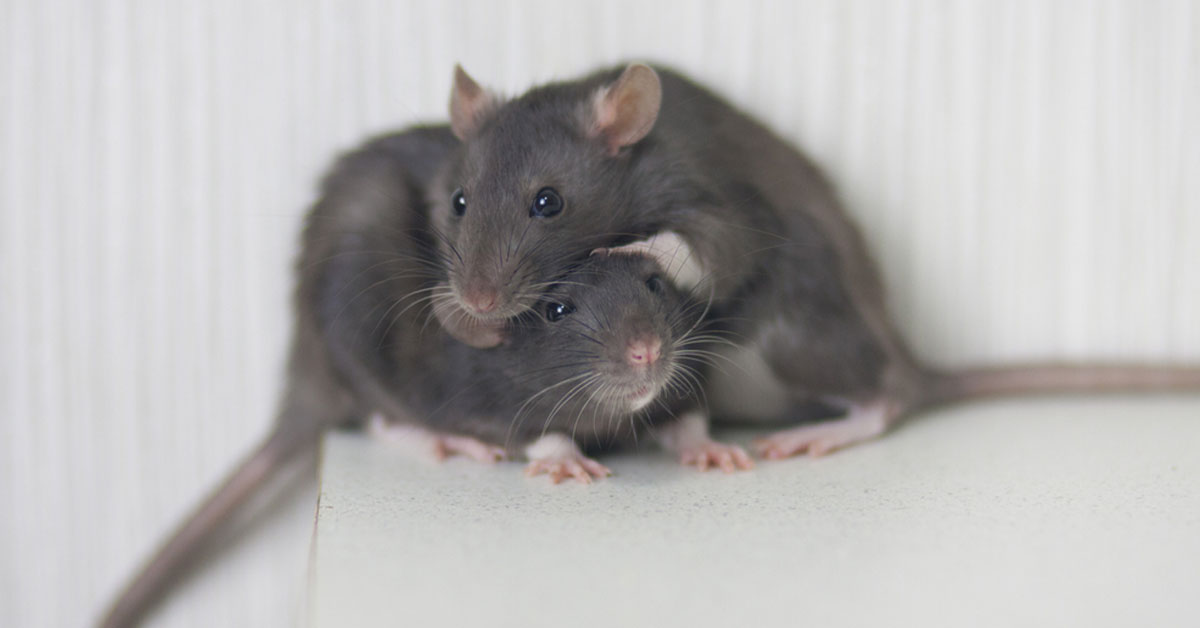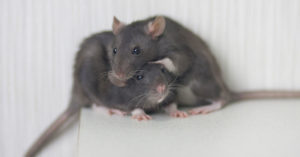
 Rats’ intelligence is common knowledge. It is one of the reasons why they are used in psychological tests. Along with intelligence comes complex relationships but… did you know that rats have a social hierarchy?
Rats’ intelligence is common knowledge. It is one of the reasons why they are used in psychological tests. Along with intelligence comes complex relationships but… did you know that rats have a social hierarchy?
Do Rats Have a Social Hierarchy Like Wolves?
Yes and no. Rats have a social hierarchy that includes alphas, betas, gammas, zetas, etc. which makes them appear to match what is commonly known about wolf pack hierarchies – except the latter is wrong. The theory of a dominant alpha in a wolf pack came from observing wolves in captivity. The story spread and since further observation only involved other wolves in captivity it was believed to be accurate.
However, years later when researchers finally studied wolves in the wild, they found something very different. Wolves in the wild function as families. Rather than a dominant alpha it is just parents training and shepherding younger wolves, who later split off to form their own family packs. If multiple related families travel together, the eldest wolf tends to be the acknowledged leader without dominance fights. But the story about alpha wolves captivated imaginations and spread into pop culture.
The observed wolves in captivity who strove for dominance were not related to each other so there was not any sort of established family ties or relationships. That’s why they struggled – and at times fought – to determine a linear pecking order. So, rats’ actual social structure matches the common (yet incorrect) perception of wolf hierarchy.
What Is the Social Hierarchy of Rats?
Rats thrive when they have a clear social structure. When it is disrupted by the introduction of new rats to the colony or losing members through illness, rats become stressed and more prone to fighting. However, it can be hard to notice the social hierarchy of rats if you only have a few. It becomes more evident in larger colonies where you can see the dynamics play out.
Alpha Rats are the dominant in a colony but, in a healthy colony, that doesn’t mean roughness or much fighting. While usually a larger rat, the alpha can sometimes be a smaller rat so long as it has confidence and “attitude.” A good alpha actually steps in and squashes fighting among other rats.
A colony could have one to four Beta Rats, depending upon the size of the colony. Betas act dominant – except with the alpha. They will also assist in keeping order in harmonious colonies.
Gamma Rats are the average ones. They don’t try to dominate anyone and will not fight in a healthy colony. In fact, their tendency to get along helps maintain order.
Zeta Rats aren’t always present in a colony. They are the lowest tier and, in unhealthy colonies, can be outcasts or worse. In a healthy colony, they will interact with gamma rats and generally avoid the betas or alpha.
Call the Rodent Experts at Arrow
If you have a rat or rodent problem, call in the professionals at Arrow Exterminating. The sooner you contact us, the sooner we can help you live in a critter-free environment. To get started, contact Arrow Exterminating today.




